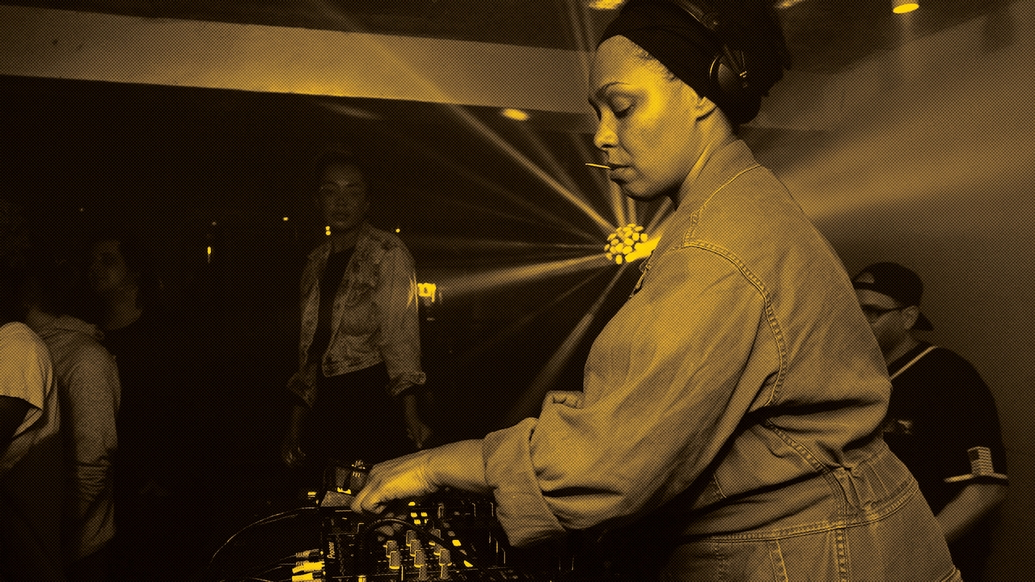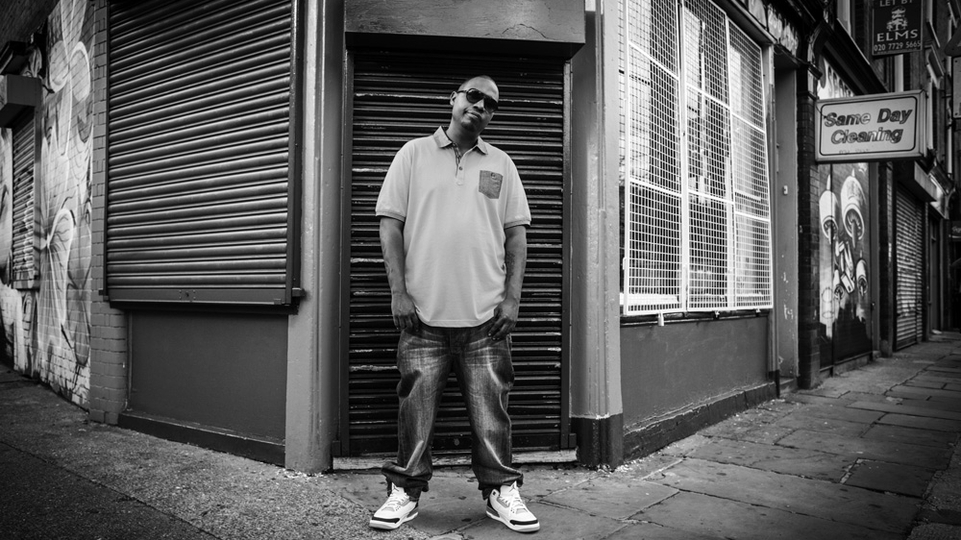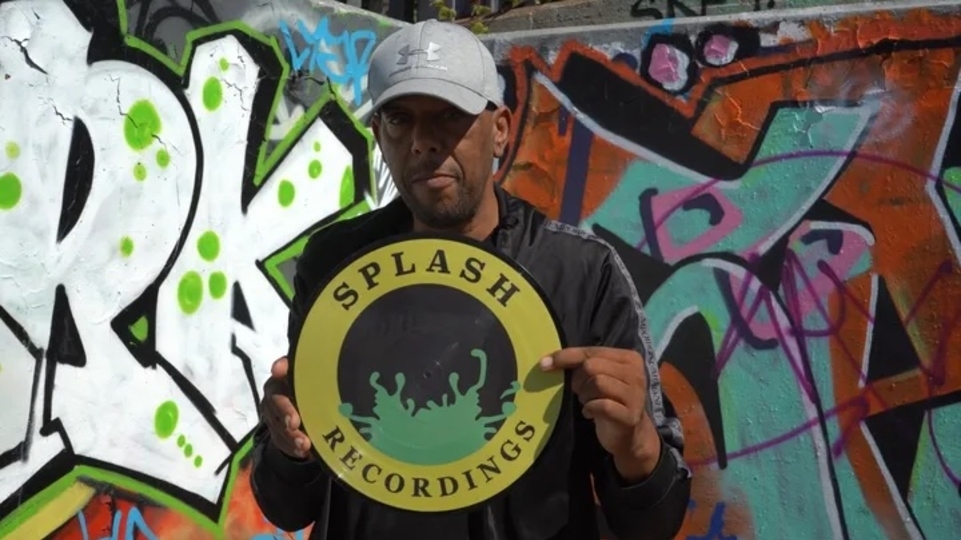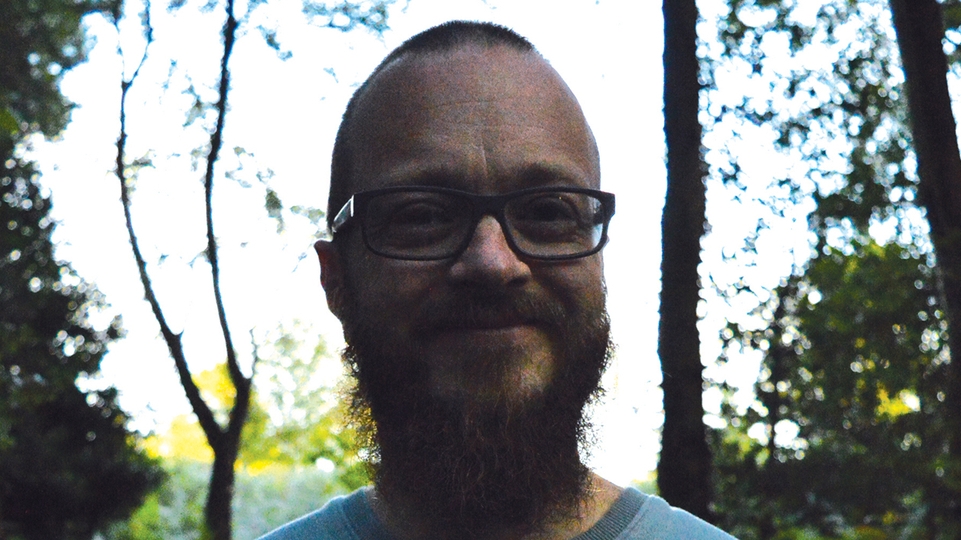
DJ Noir: The '160' movement must not erase its Black roots
Juke Bounce Werk co-founder, Alexis Gutierrez — aka DJ Noir — explores how language can be used to appropriate Black culture and leave behind its pioneers
We have been forced to address the elephant in the room.
In light of historic current events, the dance music community has been forced to reflect on its own role in systemic racism and oppression, and the inadvertent erasure of Black innovations and contributions. We have been compelled to engage in an ongoing constructive discourse, in the hope of enforcing change in a music industry that has played a role in erasing Black influence, achievement and culture. We have been called upon to self-reflect on the ways we may have, knowingly or unknowingly, oppressed Black artists and their work. These conversations have allowed us to expose the thinly veiled, cumulative expunging of Black artists within dance music.
As Juke Bounce Werk, an international collective of DJs, producers and visual artists based in the US, that promotes juke, footwork, jungle, footwork-jungle and 160, we are well aware of the responsibility that we as outsiders have to a culture that is not native to us. We founded the group in Los Angeles in 2013, spawned by pure inspiration and love for Chicago footwork dance culture and its creators. We found that the people responsible for innovating the music and driving the culture were readily accessible, and willing to expand and share their work with us. These artists shared their history and educated us. In exchange, we worked together to create spaces and opportunities to bridge Chicago and Los Angeles, in an effort to expose their energetic and innovative art form to as many people as possible.
As JBW evolved into event production and subsequently a music label, we strove to involve DJs, producers and dancers native to Chicago footwork culture at every possible opportunity. They have always been involved. They have danced and performed at our events and radio shows, and been hired to contribute to, master and/or mix music projects. We’ve exchanged advice and guidance through scene-related politics, and we have mutually shared opportunities and resources over the last eight years, and still do to this day.
In less than 10 years, the music and its culture has spread significantly around the globe. Music producers in every corner of the world, from novice to veteran, have been influenced by the original Chicago footwork sound — a sound pioneered by DJ Clent, RP Boo, DJ Rashad, DJ Spinn and Traxman. There are countless important influences and contributors to Chicago footwork’s history and its current movement, and we urge you to begin discovering that work. It is an in-depth exploration into the history of Black Chicago’s contribution to dance music culture spanning over 40 years, back to the origin of electronic music as we know it.
Over the last few years, the Chicago footwork sound has widely influenced hybrid experimentations. The infectious, polyrhythmic snares, often combined with jungle breaks and the signature, triplet kicks, left producers baffled about what to call this exploration that has been created outside of Chicago. The term ‘160’ became a catch-all to describe music that was footwork-influenced, not from Chicago, and produced at 160bpm. The term further evolved out of the need for DJs and producers to categorise genres and guide listeners in the direction of this new adaptation. Many producers felt that calling their music footwork and not being from Chicago was misleading. ‘160’ was a new approach focused on sound design, being DJ friendly, marketable and more palatable to a mainstream audience.
“Artists who are using the term 160 to define their music have a responsibility to the Black artists who pioneered the sound and enabled them to become visible, particularly in an industry that has historically been structured to benefit everyone except those who created it”
Music industry rebranding is nothing new to dance music. Retrospective to the emergence of the term ‘drum & bass’ in the mid-’90s, the powers that be decided that jungle needed to undergo a rebrand of its own. A polished, more accessible restyling from its Black underground roots. Drum & bass was accepted as such, and therefore allowed to co-exist alongside its cognate. In the beginning, it remained controlled by the Black-run infrastructure under which it was founded, but included an expansion of non-Black influence. Over time, it expanded into a commercial structure in which Black people were included but no longer in control. Much like the d&b rebrand, the emanation of 160 includes jungle, footwork and now footwork-jungle tracks largely produced by non-Black artists, with minimal participation from the Black producers who influence it. It is now being heralded as its very own movement, much of which excludes the originators of these sounds in terms of credit and opportunities for DJs, producers and dancers.
Through public and private dialogue over the last several weeks, there is a sense that we as a community have collectively recognised what is happening and how it has happened. We can now attempt to correct the ways in which we may have been passive, opportunistic or complicit in the erasure of Black artists’ work. Artists who are using the term 160 to define their music have a responsibility to the Black artists who pioneered the sound and enabled them to become visible, particularly in an industry that has historically been structured to benefit everyone except those who created it. It is important to recognise the erasure of Black artists’ contributions while we still have the opportunity to correct and redirect the current narrative. It would be prudent for those heading the 160 movement to reach towards the originators in terms of bookings, placements and collaboration, so that these Black founders have the capacity to thrive in tandem, and are also afforded the same advantages as their non-Black counterparts.
Many organisations, labels and platforms, via their public statements, have vowed to improve or completely restructure their current operations. They have committed to take action — to becoming more inclusive and supportive of people of colour in terms of managing diversity issues, extending opportunities, amending contract clauses and restructuring royalty splits. When it comes to the preservation of Black lives, struggles and their artistic legacies, we can also take care of what we borrow, assimilate and appropriate by acknowledging and extending any available avenue to be heard and seen. Black artists need to be respected and compensated. Those actions should become the standard, rather than the result of call-outs from those who have been victimised or marginalised within an industry that operates off the backs of what Black artists have created.
We all have a part to play in recreating an industry where we are all valued equally. It starts with protecting and respecting the foundation and building a strong support structure upon it.





